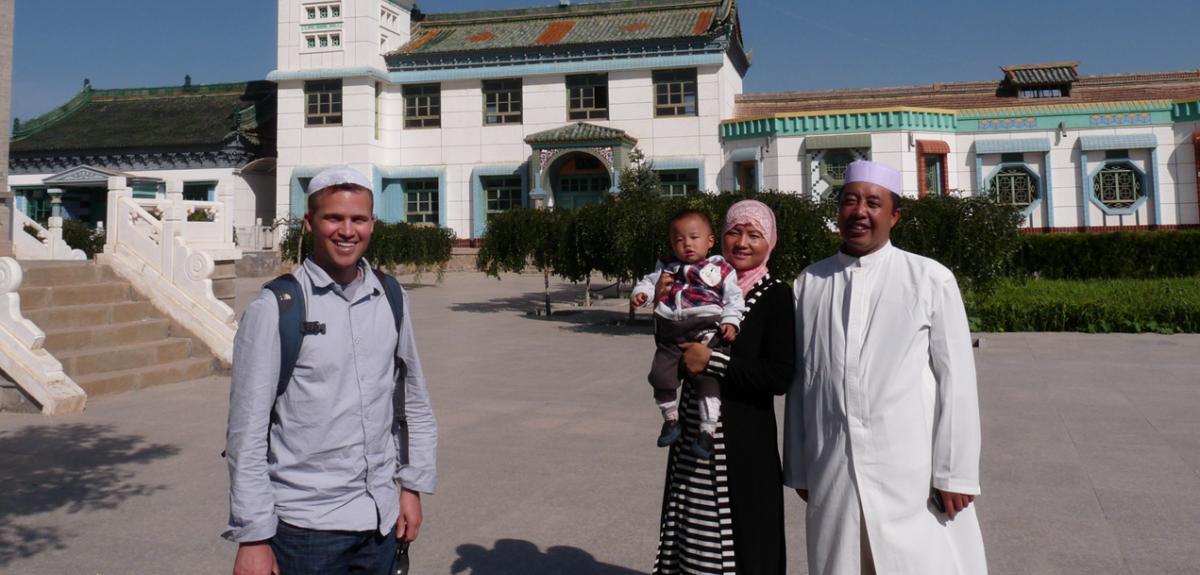
China expert is named a Public Intellectual Fellow
Dr Matthew S. Erie, who is Associate Professor of Modern Chinese Studies at the Oriental Institute, has been named a Public Intellectual Fellow by the National Committee on US-China Relations (NCUSCR).
The Public Intellectuals Program (PIP) was launched in 2005 to nurture the next generation of China specialists who have the ability to play significant roles as public intellectuals.
PIP Fellows gain access to senior policymakers and experts in both the United States and China, and to the emerging business and nonprofit sectors in China, as well as the media.
Dr Erie says: ‘I’m honoured to be named a PIP Fellow by the NCUSCR. As a PIP Fellow, I am fortunate to engage in a number of workshops in the U.S. and in China to create synergies between the academy and policy circles in the U.S. and China.
'There is a lot of work to do to increase education on and general awareness of Islam and China. The NCUSCR, and PIP in particular, provides a platform for scholars to hone their message to reach wider publics.
'One of the key priorities to me is to close the gap between those who either promote or fall prey to anti-Muslim or anti-Chinese sentiment, on the one hand, and those who work in the academy, on the other hand.'
Being named a PIP Fellow helps China scholars to broaden their knowledge about China's politics, economics, and society, and encourages them to use this to inform policy and public opinion.
Last year, Dr Erie published ‘China and Islam: The Prophet, the Party, and Law’, which looks at how shari'a (Islamic law and ethics) is implemented among the Hui, who are one of 10 officially recognised ethnic groups in China. Being a PIP Fellow could help him to get his research across to broader audiences in China and the US.
'Islamophobia, in particular, has emerged as one of the defining social pathologies of the twenty-first century,' he says. 'We can see its impacts from Brexit to Trump’s America to the ascendance of nationalist political parties in Western Europe. Islamophobia is not just a “Western” phenomenon but over the past year or so has intensified in places like China.
'One common misperception fuelling Islamophobia is that shari’a (a term heavily debated by Muslims but which generally means “Islamic law and ethics”) is somehow creeping into state law. In my book, I argue that Chinese Muslims (Hui) practice a form of shari’a with soft edges, and that the very informality of shari’a in China allows for both Hui and state actors to make arguments based on shari’a for their notion of the “good”.
'In other words, Hui do not impose shari’a over non-Muslims, but rather, Hui and the state alike make use of the authorities, texts, and symbols of shari’a as material to fashion their ideas of society. While such constructions create conflicts, the book illustrates that shari’a can also provide a “middle ground” between Muslims and non-Muslims.
'By focusing on the case of China, a country that is commonly perceived as either “authoritarian” or “lawless,” I hope to demonstrate the adaptability of shari’a. While it can create conflicts with state law, it can also facilitate economic development, contacts with other developing states, and ethical action."
Dr Erie explained his research in more detail in an interview with the New York Times last year.
More information about the programme can be found here.